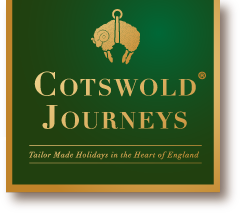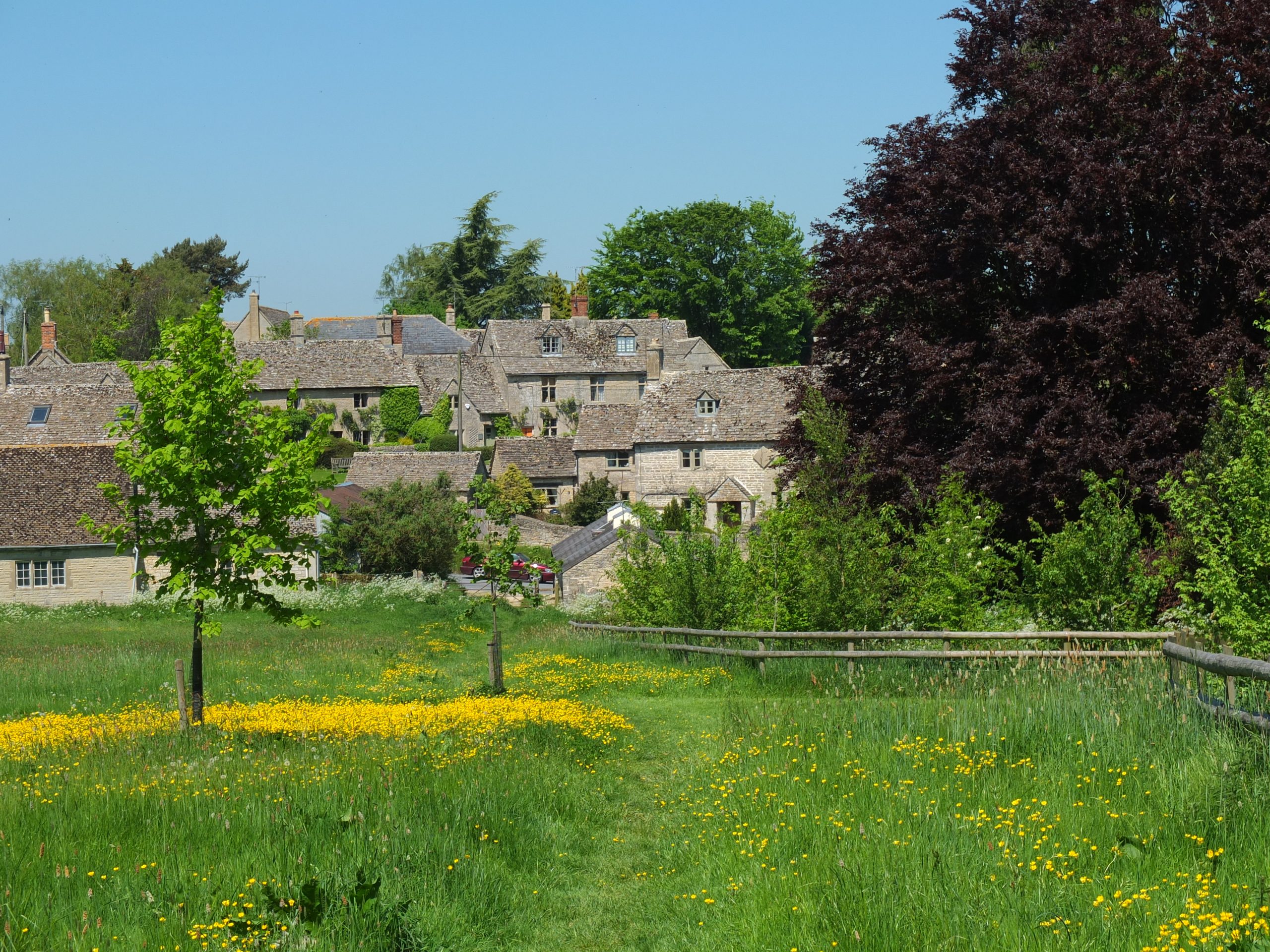The Cotswold Olimpick Games is an annual celebration of games and sports held on the Friday after the Spring Bank Holiday (the last Monday in May), on Dover’s Hill (once known as Kingcombe Plain), just outside the village, in a wonderful, panoramic location at the escarpment edge. The Games started, it is thought, in 1612; but there is no doubt about who came up with the idea: Robert Dover, a local lawyer, who did so with the approval of King James It is hard to know what exactly prompted his inspiration – possibly a belief that physical exercise was necessary for the defense of the realm (it was still an era of the constant European war and not long since the threat of the Spanish Armada had faded), or an idealistic ambition to unite rich and poor at least once a year, or a result of fashionable interest in the Ancient Greeks. However, a more banal reason may date from his time at Cambridge University, when he would have attended or at least known of the “Gog Magog Games”, held on the Gog Magog Hills. It is possible that the Dover Olimpicks was attended by William Shakespeare and it is thought by some that he alludes to them in ‘The Merry Wives of Windsor’ – both possibilities are speculative. Competitors were summoned to the hillside by the sound of a hunting horn, to take part in various events, including horse racing, coursing with hounds, running, jumping, dancing, sledgehammer throwing, fighting with swords and cudgels, quarterstaff, and wrestling. Booths and tents were erected in which games such as chess and cards were played for small stakes. A temporary wooden structure, Dover Castle, was erected in a natural amphitheater on Dover’s Hill, complete with cannons that acted as starting signals. An eminent courtier at the court of King James, Endymion Porter, from the neighboring village of Aston-sub-Edge, arranged for Dover to receive a set of royal garments to wear while presiding over the games a sort of theatrically monarchical master-of-ceremonies.
Puritans tended to disapprove of the festivities, believing them to be of pagan origin, and the wealthy among them forbade their workers to attend them. Finally, the increasing tensions between Puritans and Royalists resulted in the outbreak of the English Civil War in 1642, which brought the Games to an end.
Revived after the Restoration of the monarchy in 1660, the Games according to critics, degenerated into a drunken country bacchanalia. The Games have suspended again in 1853 with the enclosure (land ownership placed in private hands) of Weston sub-Edge and in 1929 Dover’s Hill became National Trust property. The Games were held again in 1951 to celebrate the Festival of Britain and were fully revived with the founding of Robert Dover’s Games Society in 1965. Since 1966 events have included tug of war, gymkhana, shin-kicking, dwile flonking [two teams, each taking a turn to dance around the other while attempting to avoid a beer-soaked dwile (cloth) thrown by the non-dancing team], motorcycle scrambling, judo, piano smashing, and morris dancing. The British Olympic Association has recognized the Cotswold Olimpick Games as “the first stirrings of Britain’s Olympic beginnings”.
Now a contemporary ‘Robert Dover’ and ‘Endymion Porter’ open the Games in front of a temporary Dover’s Castle. As dusk falls, the hill a bonfire is lit and there is a fireworks display. Then, led by Robert Dover and two bands, a torchlight procession moves from the hill down to the Square in Chipping Campden where pageantry and dancing bring the occasion to a close. The following day sees the Scuttlebrook Wake. Named after the Cattlebrook or Scuttlebrook which used to flow through Leasbourne until it was covered over in 1831, it is celebrated mainly on a Saturday afternoon with a procession of the Scuttlebrook Queen and the crowning of the new queen in the Square. There is a procession and maypole dancing, after which the Street Fair is declared open.



0 Comments